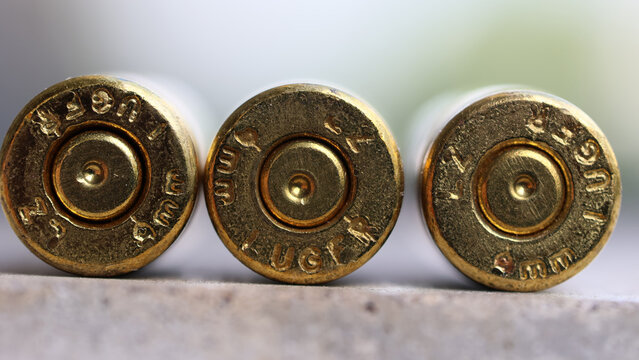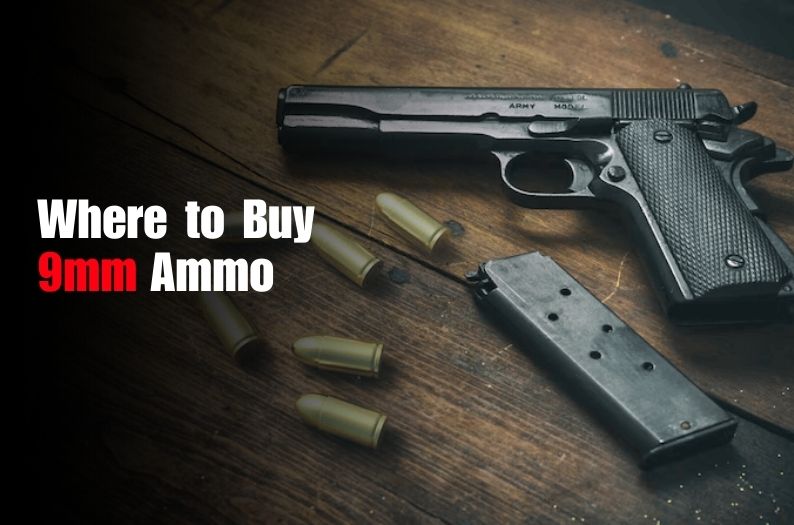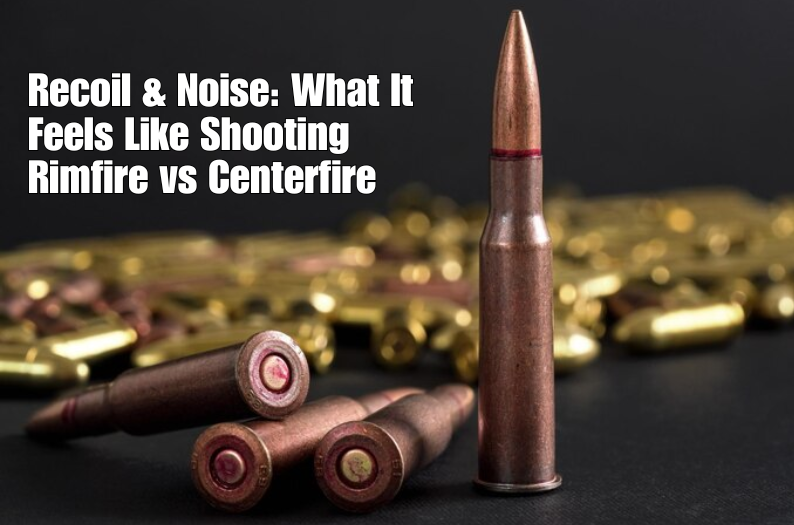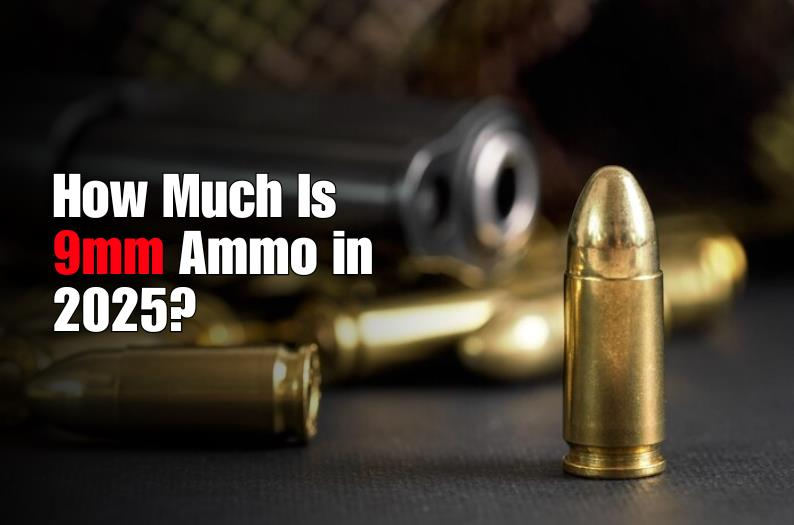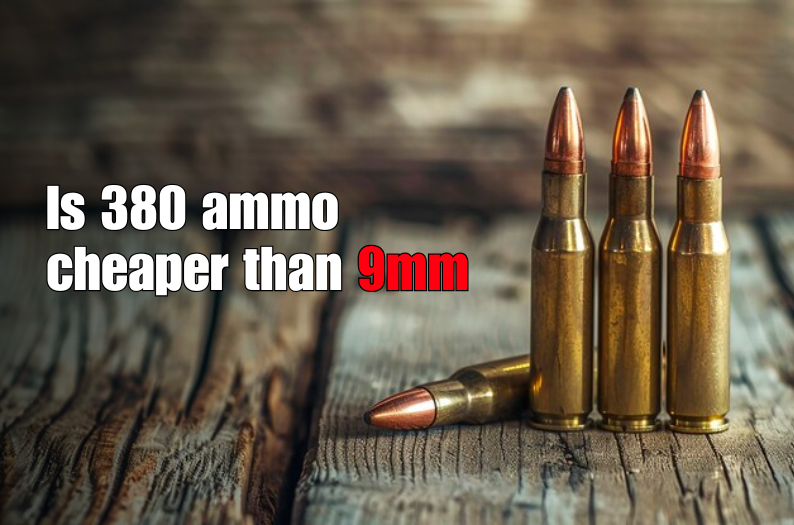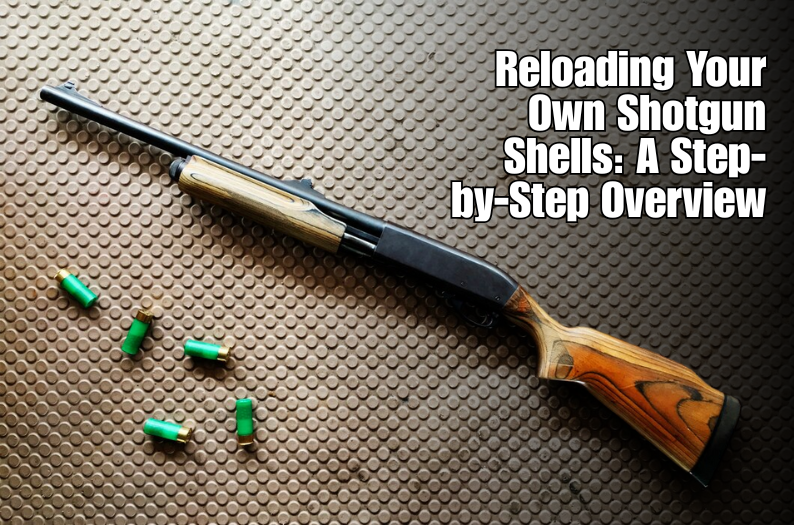Introduction
Understanding the velocity of a 9mm bullet is crucial for various applications, whether you're a firearms enthusiast, a law enforcement professional, or simply curious about ballistics. This guide delves into the speed of a 9mm bullet, the factors affecting its travel, and the impact of different types of ammunition, including hollow point bullets. By the end, you'll have a clear picture of the performance and capabilities of the 9mm round and be better informed for your next ammunition purchase.
The Basics of Bullet Velocity
Bullet velocity refers to the speed at which a bullet exits the muzzle of a firearm. It's a critical factor influencing the bullet's trajectory, accuracy, and impact force. For 9mm ammunition, this velocity can vary based on several factors including the type of bullet, the firearm used, and environmental conditions.
Standard 9mm Bullet Velocity
The velocity of a standard 9mm bullet typically ranges between 1,100 and 1,200 feet per second (fps). This range can differ depending on the specific load and type of ammunition used. For instance, 9mm Luger (also known as 9mm Parabellum) is a popular caliber with varying loads that can affect the speed of the bullet.
Factors Affecting Bullet Velocity
- Type of Ammunition: Different types of 9mm ammunition can have varying velocities. Full Metal Jacket (FMJ) rounds, for instance, are designed for target practice and training, often achieving velocities at the higher end of the spectrum. In contrast, hollow point bullets, designed for self-defense and law enforcement, may have different velocities due to their design.
- Barrel Length: The length of the firearm’s barrel has a significant impact on bullet velocity. Longer barrels provide more space for the powder to burn and push the bullet, resulting in higher speeds. Conversely, shorter barrels can reduce the bullet’s speed.
- Powder Charge: The amount and type of gunpowder used in the cartridge also affect the velocity. Higher powder charges can produce higher velocities.
- Bullet Design: The design of the bullet, including its shape and weight, influences its speed. Hollow point bullets, for example, are engineered to expand upon impact, which can affect their initial speed and trajectory compared to FMJ rounds.
The Speed of Hollow Point Bullets
Hollow point bullets are a popular choice for self-defense due to their design, which causes them to expand upon impact, increasing their stopping power. While hollow point bullets may travel at similar speeds to FMJ rounds, their design affects their performance after impact. Typically, hollow point bullets in 9mm can achieve speeds around 1,100 to 1,200 fps, but their effectiveness is judged more by their performance upon hitting the target rather than just their speed.
The Impact of Velocity on Performance
The velocity of a 9mm bullet impacts several performance factors:
- Accuracy: Higher velocities can lead to greater accuracy over longer distances, as the bullet travels faster and maintains a flatter trajectory.
- Stopping Power: The speed of the bullet combined with its design (like that of hollow points) determines the stopping power. Hollow point bullets are designed to expand and create a larger wound channel, enhancing their stopping power despite their speed.
- Penetration: Faster bullets generally penetrate more deeply, but hollow points are designed to maximize energy transfer and create larger wounds, which can be more effective for self-defense.
Comparing 9mm with Other Calibers
To understand the significance of 9mm bullet speed, it’s helpful to compare it with other popular calibers:
- .40 S&W: Typically travels at speeds around 1,000 fps. While it has a slightly slower velocity, it generally offers greater stopping power compared to the 9mm.
- .45 ACP: Known for its larger bullet diameter and slower speed (around 850 to 900 fps), it delivers substantial stopping power but with a reduced velocity compared to the 9mm.
- .357 Magnum: With speeds ranging from 1,200 to 1,400 fps, it is faster and delivers more energy than the 9mm, but also produces more recoil.
Practical Applications of Bullet Speed
Understanding bullet speed is not only important for firearm enthusiasts but also crucial for tactical applications. Law enforcement and military personnel need to consider bullet velocity when selecting ammunition for specific scenarios.
- Self-Defense: Hollow point bullets are favored for self-defense due to their stopping power, which is enhanced by their design and speed. Their ability to expand upon impact makes them effective in neutralizing threats quickly.
- Target Shooting: For target shooting, accuracy and consistency are key. The velocity of FMJ rounds can provide the consistent performance needed for practice and competitive shooting.
- Hunting: While not as common for hunting, the 9mm can be used for small game. The velocity plays a role in determining the effectiveness of the shot and the ethical implications of hunting.
Conclusion
The speed of a 9mm bullet is a crucial factor in its overall performance, influencing accuracy, stopping power, and penetration. While hollow point bullets offer enhanced performance through their design, their velocity is comparable to standard FMJ rounds. Understanding these dynamics helps in making informed choices about ammunition for various purposes.
Shop Now!
Ready to experience the precision and effectiveness of 9mm ammunition firsthand? Visit our website to explore our range of high-quality hollow point bullets and other 9mm ammo options. Equip yourself with the best and ensure you have the right ammunition for any situation. Shop now and enhance your shooting experience today!
- #9mm ammo for self-defense
- #9mm ammunition comparison
- #9mm ammunition types
- #9mm ammunition velocity
- #9mm ballistics
- #9mm bullet performance
- #9mm bullet speed
- #9mm caliber speed
- #9mm hollow point bullets
- #9mm self-defense ammo
- #9mm speed and accuracy
- #bullet travel speed
- #bullet velocity comparison
- #effective 9mm bullets
- #full metal jacket vs hollow point
- #high velocity 9mm ammo
- #hollow point bullet performance
- #hollow point bullet speed
- #hollow point vs FMJ speed
- #impact of bullet speed


